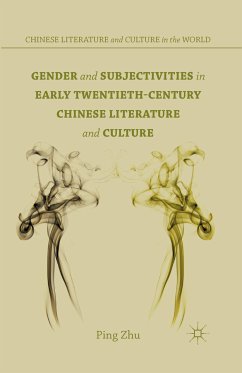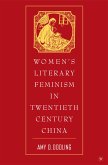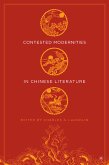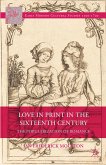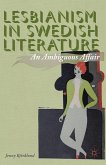Dieser Download kann aus rechtlichen Gründen nur mit Rechnungsadresse in A, B, BG, CY, CZ, D, DK, EW, E, FIN, F, GR, HR, H, IRL, I, LT, L, LR, M, NL, PL, P, R, S, SLO, SK ausgeliefert werden.
"This is a lucidly written book. Its theoretical and methodological approach pays homage to a range of theories and studies but it succeeds in providing a unique and illuminating study of issues surrounding Chinese modernity from the perspective of the 'feminine at large.' More specifically, this study successfully demonstrates the usefulness of the conception of 'the feminine' in understanding male subjectivities." (Xueping Zhong, Frontiers ofLiterary Studies in China, Vol. 10 (1), April, 2016)

